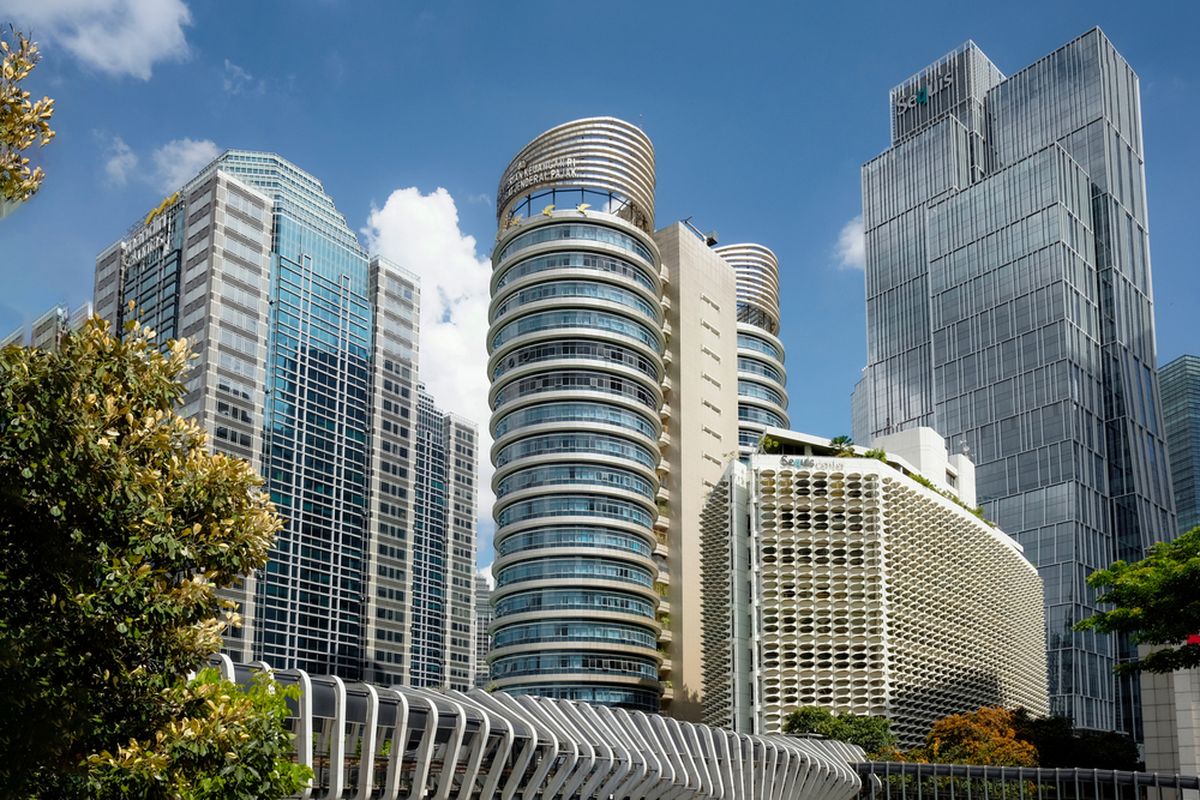Jakarta’s office market is entering a period of stable and sustainable growth, supported by limited new supply, rising demand for high-quality buildings, and Indonesia’s resilient economic fundamentals. These trends are creating an appealing moment for expats, multinational companies, and global investors looking to tap into Southeast Asia’s fast-growing property market.
Limited Supply Strengthens Occupancy
According to CBRE Indonesia, no new office projects have been completed in Jakarta over the past two years, with only Two Sudirman and Indonesia One currently under construction and scheduled for completion in 2027–2028. Developers are intentionally slowing down new launches due to abundant unused supply.
“Because many developers are beginning to hold back on developing new offices, supply has become limited. This is pushing occupancy levels in the market,” said Anton Sitorus, Head of Research & Consultancy CBRE Indonesia, quoted by Detik.
The CBD currently has 1.7 million sqm of vacant space out of 7.1 million sqm, and the limited pipeline is helping push occupancy above 75%, the highest level in recent years. Non-CBD areas have also seen an improvement, with occupancy rising to around 73%. Relocation trends are also shaping demand.
“Companies are moving to more prestigious and modern buildings because older ones are becoming run-down, while new buildings offer better quality,” Anton added.
Demand Shifts to Quality and Sustainability
CBRE’s latest market outlook highlights a clear shift from large office sizes to high-quality, flexible, and sustainable buildings.
“The era when large office sizes were the main attraction is over. Today, companies prioritize quality, sustainability, and flexibility,” explained Judy Sinurat, Co-Head of Office Services CBRE Indonesia, as reported by RealEstate.id.
Premium and green-certified buildings are increasingly sought after as companies seek workspaces that support employee well-being and reflect brand values. With new supply in the CBD expected to reach only 188,000 sqm by 2028, the flight-to-quality trend is already lifting rents in the upper segment.
“The shortage of new supply is beginning to drive rental increases, especially in premium buildings,” noted Albert Dwiyanto, Co-Head of Office Services CBRE Indonesia.
Average CBD rental rates remain competitive at around USD 10.95 per sqm/month, while new premium buildings can reach USD 226 per sqm/month. In non-CBD areas, rents average USD 8 per sqm/month.
Economic Stability Supports Long-Term Growth
Indonesia’s economy has maintained 5% average annual growth over the past five years and is expected to continue at the same pace. The government’s 6–8% GDP growth target by 2029 reflects strong confidence in the country’s long-term outlook.
“Stability is the foundation on which property decisions are made, from multinational expansion to local investments,” said Anton.
CBRE Managing Director Angela Wibawa added that the firm is expanding its advisory business in Indonesia to support rising demand from both local and international clients.
With limited new supply, rising occupancy, and growing demand for premium space, Indonesia’s office market is entering a strong recovery cycle. Combined with economic resilience, the expansion of high-growth sectors—such as logistics, industrial, and data centers—further strengthens the country’s investment appeal.
Sources: Detik, RealEstate.id
Photo Credit: Shutterstock


